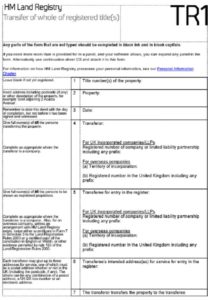Last minute ideas seem to be how everyone works nowadays.
Research from national building Society’s Payday Saveday marketing campaign shows that procrastination is costing humans about £449 every 12 months. Almost £30,000 (£29,200) during their lifetime. The country wide ballot of 2,000 adults within the United Kingdom suggests that 57% were hit financially by putting off things to the last minute. Almost 2 in 3 (63%) self-perceive themselves as procrastinators. Adults have paid the price – literally – usually by leaving it to the last minute. To get presents(50%), not putting cash into a financial savings account (38%) and last minute holiday planning (30%).

Last minute ideas
Technology has a large influence on our habit of us putting things off until later. Checking phones (24%), looking at the TV (22%) and surfing social media (20%) are the top things humans do to procrastinate. On the other hand, deadlines coming up (36%) and encouragement from other people (26%) snapped people out of procrastinating.
We get wiser as we get older with Last minute ideas!
Better news is that we get wiser as we become old with regards to making plans. 2 in 5 (40%) of those aged fifty five or older describe themselves as procrastinators. Compared to 87 per cent of 16-24s and 78% of 25-34 year olds. But only 32% adults of fifty five and older say they have been caught out leaving matters too late. Compared to 71% of 25 to 34-yr olds. Men are worst at leaving matters to the last minute, which costs them, on average, £571 a year, compared to only £325 pa for women.
The research also discovered that saving money was top of the list of habits that people would really like to discover (35%). Before having a healthy diet (33%), taking exercise (32%) and getting up earlier(32%). nearly half (48%) of people aged 25-34 wanted to discover ways to save cash regularly – the most of any age group.
Nationwide’s studies many felt guilty about delaying activities. Over 1 in 3 people (36%) regret delaying exercising. Next was saving money (29%) and eating a healthy diet (29%).
For more information go to Brighton Mortgage Broker – The Finance House
For the FCA go to Register Home Page (fca.org.uk)



